Movie News, Movie Reviews, and Features With Your Time in Mind
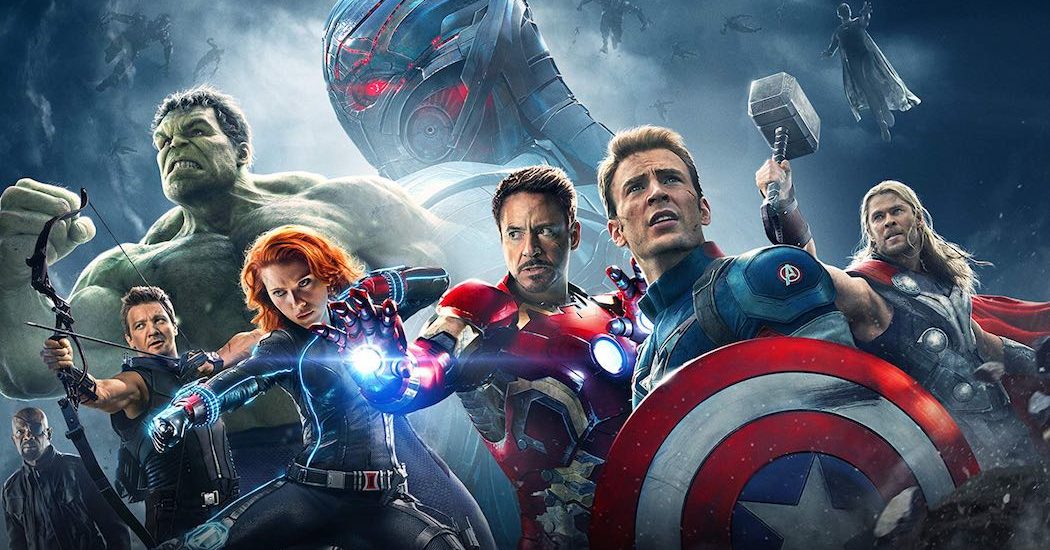
Even the Marvel Cinematic Universe doesn't always score big with its heroes or villains, as Phase Two clearly demonstrates.
With only a week left until the release of Avengers: Endgame, it’s time to pick up the pace on this trip down memory lane. If you haven’t already, then definitely check out last week’s Phase One Marvel Cinematic Universe retrospective, as it’ll provide greater context for this feature. Everyone caught up? Awesome! Let’s dive into the next three years of the Marvel Cinematic Universe or Phase Two.
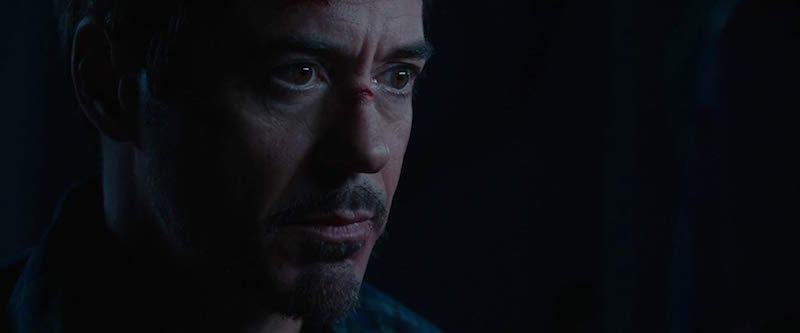
Given how this whole interconnected storytelling experiment kicked off, it’s only fitting that Tony Stark leads us into Phase Two of the Marvel Cinematic Universe. Set in a post-Avengers world, Iron Man 3 finds our lovable narcissist coping with the trauma that the Battle of New York has left on him.
Considering that many of our superheroes are often unfazed by the fantastical, it’s refreshing to see someone like Tony Stark get shaken up by an alien invasion. The MCU is perhaps the most well-defined cinematic universe in history, and touches such as these contribute greatly to that “tangibility factor.”
Iron Man 3 gets a bit of a bad rap, though, for the use of its villain – specifically, how the marketing campaign portrayed him. The trailers set us up for a chilling portrayal of one of Iron Man’s most infamous comic book villains, the Mandarin. As much as I enjoyed Jeff Bridges’ turn as Obadiah Stane in the original Iron Man, Ben Kingsley’s Osama bin Laden-inspired Mandarin seemed primed to give us the villain this series deserved.
As we’ve all discovered by now, though, it was just an act. Kingsley’s character was nothing more than a bumbling, drunken – albeit talented – fool covering for the film’s real villain. Although I totally understand why many people hate this twist – especially considering how well Kingsley sold us on this villain – I thought the reveal was hilarious. And though Guy Pearce as Aldrich Killian didn’t quite make for a worthy substitute baddie, the curveball was still worth it.
I’ll just put this on the record: Iron Man 3 may not be as thematically resonant or as tonally consistent of Iron Man, but purely on an entertainment level, this might be my favorite of the three.
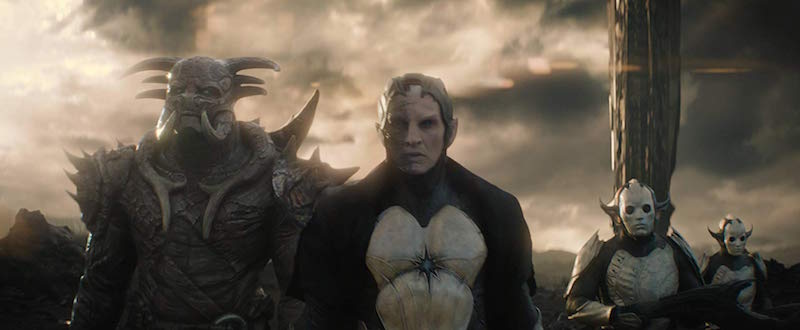
Again, Guy Pearce’s villain in Iron Man 3 may not have left a particularly great impression, but at least he made an impression. For as talented as Christopher Eccleston is, his role as Dark Elf Malekith has got to win the award for the MCU’s worst villain.
Evil-for-the-sake-of-evil villains can be a ton of fun, but this guy is as generic as it gets. The most memorable thing about Malekith is his native language – for all the wrong reasons. Maybe it’s just an inside joke between my friends and I, but those handful of scenes in which he speaks in Dark Elvish (?) are so unintentionally funny.
Additionally, the Thor and Jane chemistry-free romance takes up too much screen time and only drags Thor: The Dark World down. As I mentioned in my comments on the first flick, the emotional core of Thor’s journey – at least up until Avengers: Infinity War – is his relationship with Loki. Thankfully, Dark World explores that a fair amount.
Despite how disposable this movie often feels in relation to the greater MCU, it does begin Loki’s journey from a straight-up villain in Phase One to something of a hero in Phase Two and beyond. The back-and-forth between Chris Hemsworth and Tom Hiddleston continues to shine here, but I just wish there was more of it!
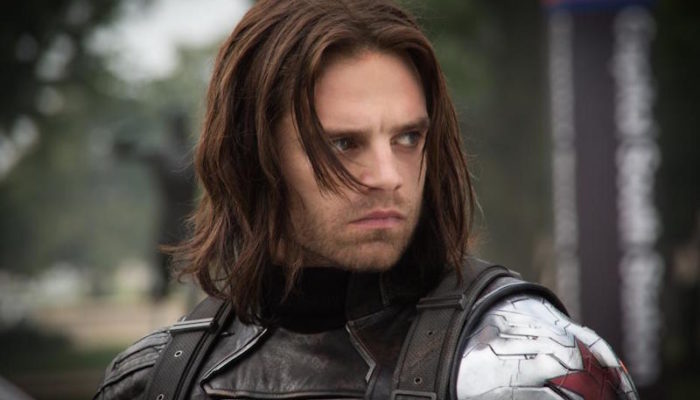
After Thor: The Dark World, I was worried that Marvel was beginning to mismanage its use of tone. The brand of humor that was sprinkled so expertly throughout The Avengers was excessively overloaded in Thor’s second solo outing. Even Iron Man 3 – for as much as I enjoyed it – seemed somewhat conflicted about its own tonal temperature.
Fortunately, Captain America’s sophomore solo adventure displayed a surprising air of confidence. Avengers: Endgame directors Joe and Anthony Russo’s first foray into the MCU, Captain America: The Winter Soldier is often praised for its refreshingly grounded sensibilities. You know, as far as big-budget superhero films go.
Part of what’s kept the MCU as relevant as it’s been throughout this past decade has been its willingness to take risks – to experiment with different genres within the superhero playground. Captain America: The First Avenger is a WWII period piece, while Iron Man 3 often feels like a buddy-cop movie. Winter Soldier, meanwhile, goes for gritty government espionage.
Chris Evans has always shined as Cap, but in Phase Two of the MCU with Winter Soldier, he appeared to take complete ownership of the role. So much of the movie is about him not only trying to find his place in the modern world but also questioning authority – something he isn’t too used to doing. His disillusionment with S.H.I.E.L.D., especially, adds a whole new layer of complexity to the character – to the point where he might’ve become my favorite hero in this franchise.
Excluding the three Avengers films, Captain America: The Winter Soldier represents the best of the MCU. The only standalone flick that might challenge it is Thor: Ragnarok, but I’ll make a decision on that when I revisit that movie next week in Phase Three.
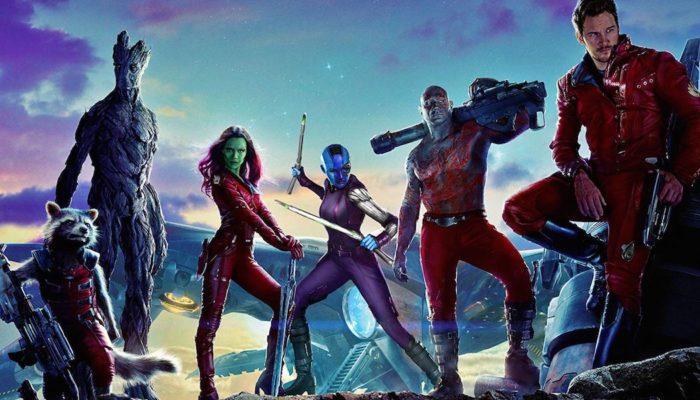
As I mentioned at the outset of this feature series, the impact that this franchise has had on popular culture at large is undeniable. That said, there are a few individual films that have proven to be particularly influential throughout the years. Aside from the first Avengers, it’s tough to argue that any one film in the MCU has left as great of an impact as Guardians of the Galaxy.
Similarly to other films in the franchise, Guardians of the Galaxy seems like a sure-fire thing today. At the time of its release, though, Marvel was taking a major risk. I mean, were general audiences really going to buy this Big Trouble in Little China-esque space romp? One in which two of the main characters are a talking tree and a foul-mouthed raccoon?
It all came together, though, thanks in large part to the film’s solid character writing and subversive brand of humor. Admittedly, I’m not quite as endeared toward this movie as most people seem to be – the jokes, for instance, while not full-on hit-or-miss, landed about 70% of the time for me. When it’s funny, though, it’s funny. Ronan’s reaction to Peter Quill (Chris Pratt) interrupting his villainous declarations with a dance-off – “What are you doing?” – is just priceless.
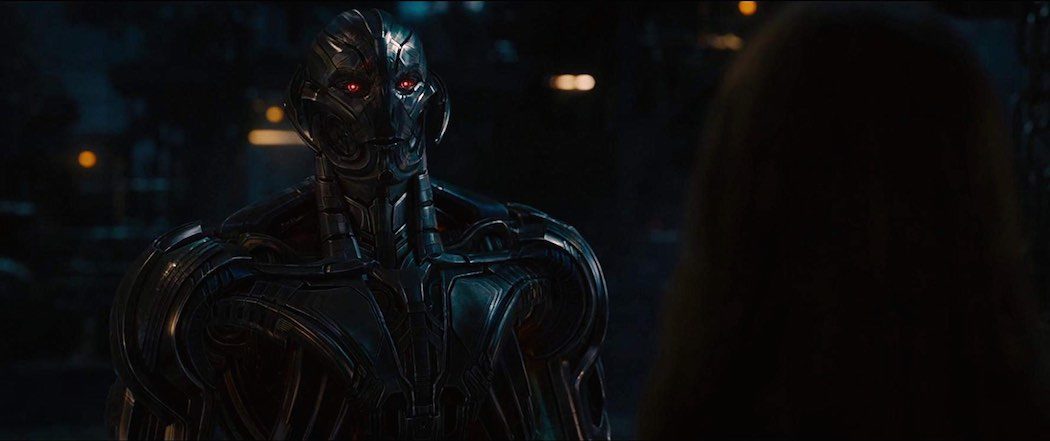
Following Avengers: Age of Ultron’s release, the general consensus seemed to be “Eh, it’s pretty good, I guess – not as good as the first one.” Indeed, the following year’s Captain America: Civil War tends to be regarded as more of a proper Avengers sequel than this movie. I’ve gotta be honest, though — although this is the weakest of the three existing Avengers films, it’s still my third-favorite MCU movie.
Like its predecessor, Avengers: Age of Ultron is littered with so many juicy character interactions – interactions that only further cement director Joss Whedon as a master of dialogue. The party sequence in Avengers tower, especially, boasts such an infectious sense of camaraderie.
Avengers: Age of Ultron is often criticized for being too concerned with the meta-narrative surrounding the Infinity Stones. However, I found these scenes few and far between – just enough to plant the seeds for future films, while still committed to telling a relatively self-contained story.
It is a shame, though, that Ultron himself was relegated to only one movie in the MCU. James Spader’s chilling portrayal of Stark’s corrupt brainchild definitely deserves a resurgence at some point.
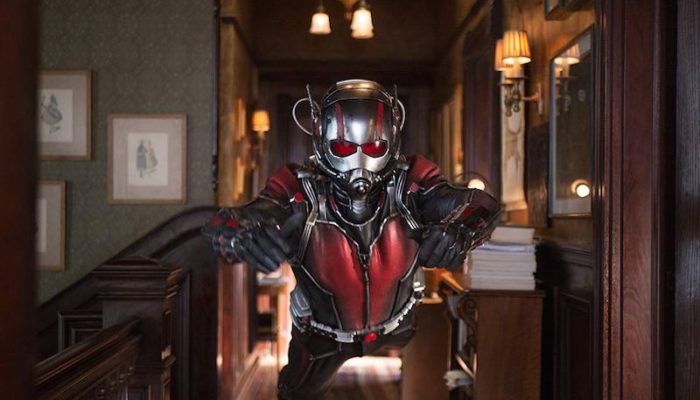
There’s this phrase that my friends and I use just about every time we walk out of one of those movies. You know the one: It’s that movie that you would rate a 6/10 purely for being competent. The movie is light fluff that’s entertaining enough at the time, but it leaves virtually no impact on you as you leave the theater. It’s the kind of experience that has you leaving the auditorium saying “Well, that was a movie. That was a thing I watched for two hours – time to feed my cat.”
Ant-Man is definitely one of those films. Paul Rudd is charming as the titular hero, but virtually everything surrounding him feels so by-the-numbers. Aside from some of the inventive stuff that the film does with Ant-Man’s powers, the movie struggles to make a formulaic story feel fresh and new – not a great way to end Phase two of the Marvel Cinematic Universe, especially considering how well most of the movies on this list pulled that trick off.
With the review of Phase Two of the MCU complete, the endgame is almost upon us, folks! Check back after Avengers: Endgame releases in theaters for a Phase Three review and response on how this entire era of the MCU ends.